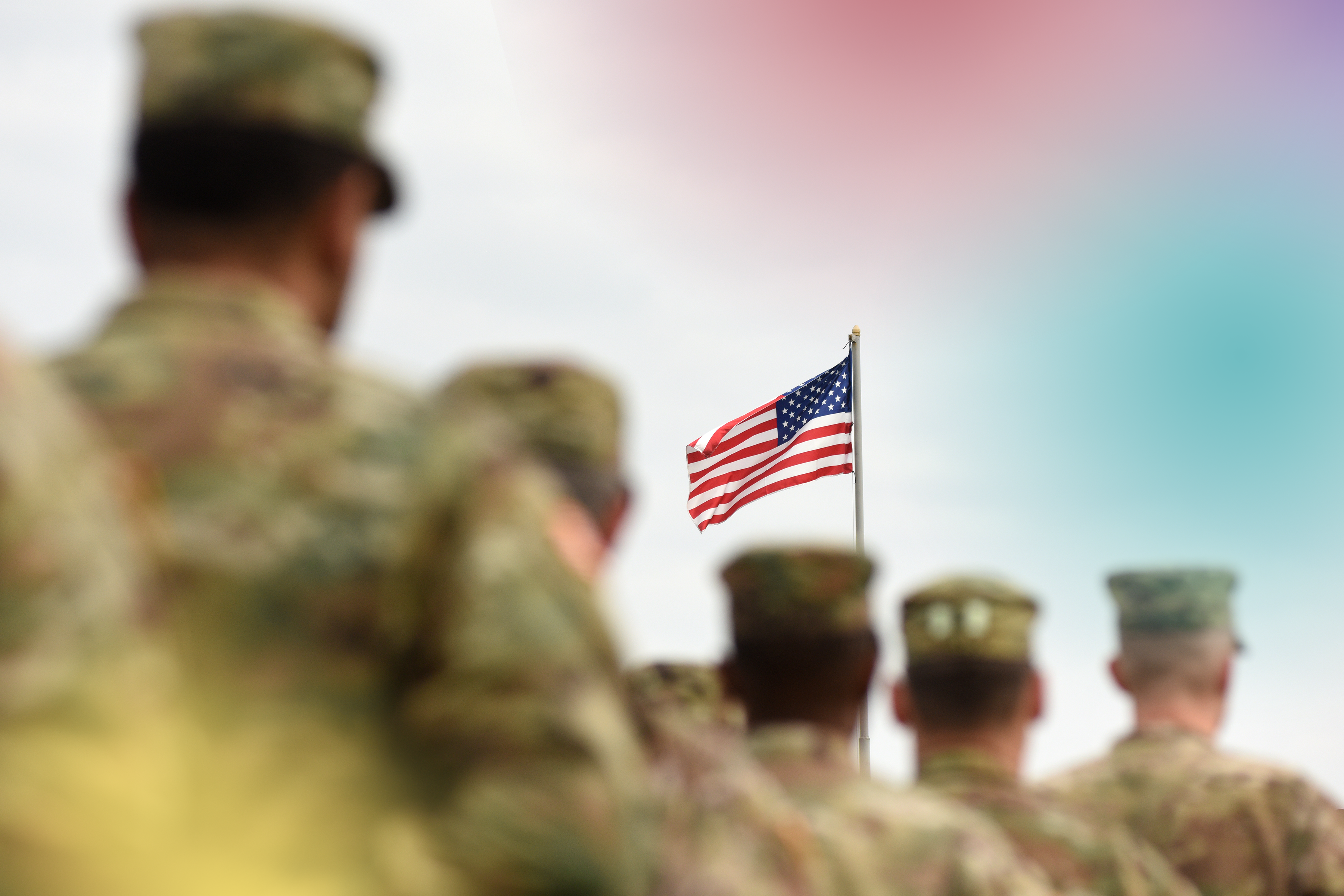Welcome to Thriving Mind, a resource to help you understand your individual signs of stress, take small steps to recharge, and unlock better mental health.
War was a whole series of contradictions. There’s laughter in one moment and blood everywhere the next; the closest brotherhood and moments of abject loneliness; moments when you’d rather be anywhere else in the world and moments when you’re exactly where you want to be. Death and life, sitting right next to each other.
The worst days of my life were in Iraq, but some of the best were there too. Finding purpose in your work, having a daily impact on the lives of others, and doing it with some of the closest friends you’ll ever know — even in the midst of a war many of us disagreed with — is an incredible life experience. That’s the fundamental contradiction of war: it haunts us, and yet many of us miss it.
The hardest decision I have ever made was driving around a 5-year-old boy, writhing in pain in the middle of a road in Iraq, because stopping to help him would halted the advance of my entire battalion and endangered the lives of dozens of Marines I was leading. Sure, there were medics close behind us as we roared north towards an enemy position south of Baghdad — but there’s nothing I wanted to do more than stop, and take that boy in my arms. I will never forget his face.
For people who haven’t served, it’s often hard to understand what that’s like. And for those of us who have, it’s often hard to talk about it. But that’s why calling attention to veterans’ mental health — and mental health more broadly — is so important. Even though it’s difficult, we have to talk about these things. Approximately 20 veterans commit suicide every day, and that’s 20 too many. If we lessen the stigma around mental health care, we can help turn that around.
As a member of Congress, I have been proud to work on issues related to mental health and veterans’ mental health in particular. But I realized while running for president that if I was going to apply for the most important leadership position in the world, I needed to lead by example.
So I decided to talk publicly, for the first time, about my personal journey with post-traumatic stress after coming home from the Iraq War. (Like many fellow vets, I call it PTS, leaving out the word “disorder” from “PTSD” because, as one of my closest Marine buddies told me once, “You’d have a disorder if you weren’t bothered by what we went through”).
I had never before told the story of that boy, even though there were weeks in my life when I couldn’t get through the day without being haunted by him. Unfortunately, talking about my own mental health — in other words, being open about something millions of Americans deal with every day — could quickly end my political career. It’s done so for many before me.
But Marines lead by example, and other Marines had told their stories. They were the inspiration I needed, so I began to tell the same story I’m sharing with you now.
After I got back from the war, there were times when I woke up with cold sweats, had flashbacks and bad dreams. I thought all the time about some of the experiences we went through over there.
Getting help was a hard decision. One of the reasons it was hard for me was because I wasn’t suicidal. I didn’t drive down the highway here at home afraid that an IED would blow me up. Many vets I know deal with these more serious manifestations of PTS all the time. Because my symptoms were a lot more mild than many of the veterans I knew, I thought I didn’t deserve or need to get treatment. Who was I to be taking resources from the Veterans Administration instead of the guys who had it a lot worse?
But my story is ultimately one of success because I eventually decided to talk to someone. I began seeing a therapist. And now those issues are under control. I’ll remember that boy’s face for the rest of my life, but now I can choose when to think about him.
I’ve learned in a very personal way that mental health is an issue we need to deal with proactively. And if you do, you can not only survive but succeed. To this day, I keep in touch with my therapist because I think it’s healthy for me. I practice yoga, meditation, and other forms of mindfulness because, as our special operations forces have learned by adopting these practices themselves, it makes us stronger.
Seeking help will make you stronger as well. We need to stop comparing our personal experiences to others, and we need to remove the stigma around asking for help. That’s why I’ve proposed making mental health check-ups as routine as annual physicals for active-duty military and veterans, funding yearly mental health screenings for every high schooler in America, and creating a universal three-digit suicide hotline number. These are simple measures we can take to allow millions of Americans to stop having to live in the shadows.
This is my story. For the first time in my life, I’m proud to share it. I encourage you to tell yours to end this stigma and find support in one another.
This content is informational and educational, and it does not replace medical advice, diagnosis or treatment from a health professional. We encourage you to speak with your health-care provider about your individual needs, or visit NAMI for more information.
Read more of our mental health coverage here.
Follow us here and subscribe here for all the latest news on how you can keep Thriving.
Stay up to date or catch-up on all our podcasts with Arianna Huffington here.


